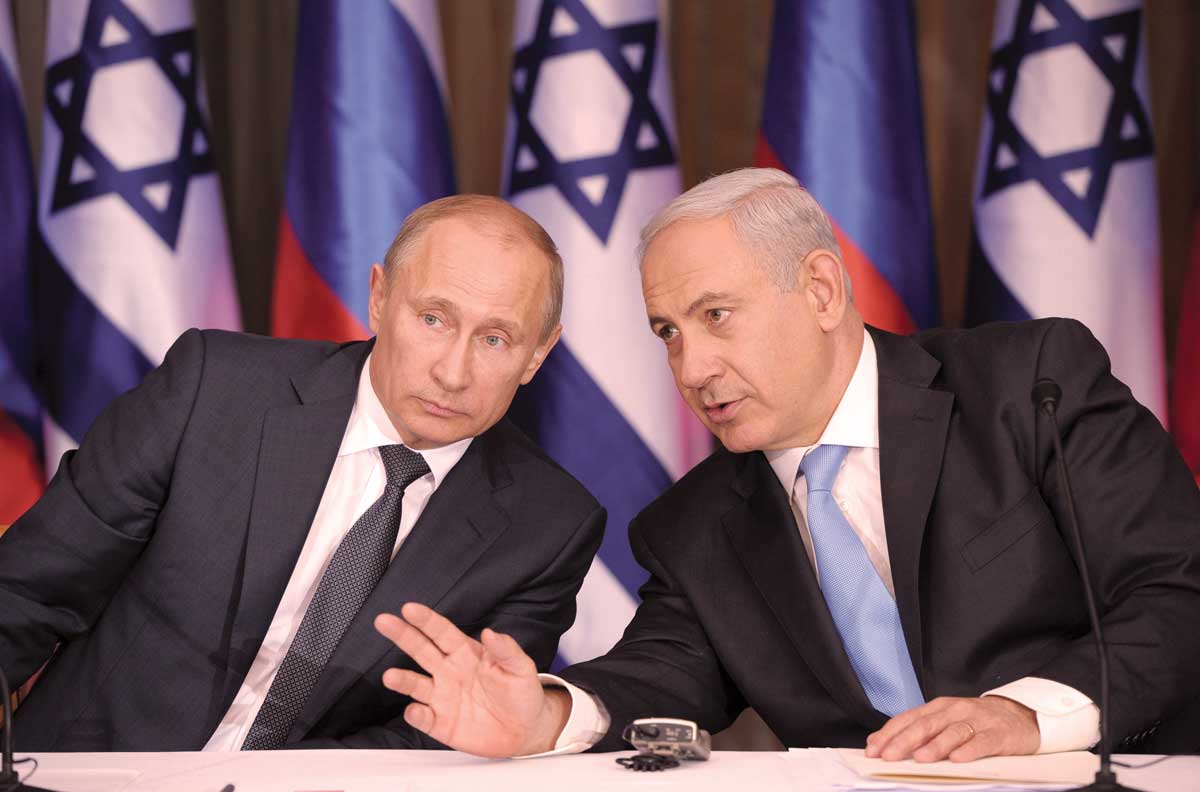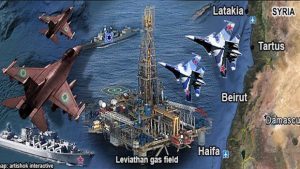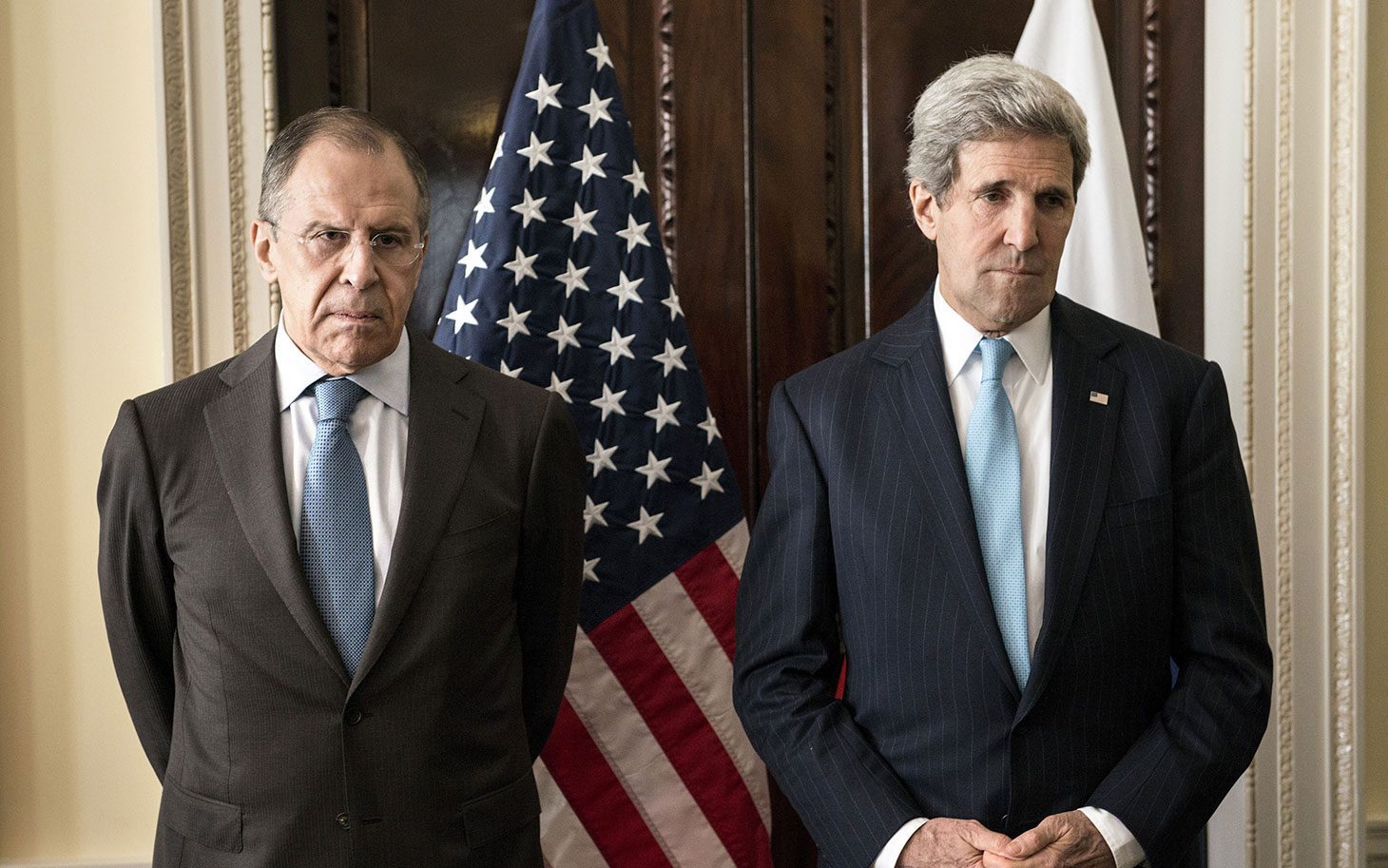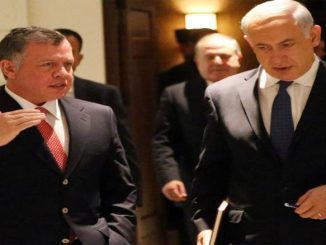
Starting next summer, Russia and Israel will conduct their very first joint military exercise over the Mediterranean, according to Israeli website DEBKAfile.
This was agreed upon during a meeting in Moscow on July 7 between Russian President Vladimir Putin and the Israeli Prime Minister Benjamin Netanyahu.
Russian President Vladimir Putin and Israeli Prime Minister Benyamin Netanyahu decided at their June 7 meeting in Moscow to deepen the military ties between the Russian and Israeli armed forces, debkafile reports exclusively from is military and intelligence sources. It was a historic decision that spells the end of the IDF’s unique relationship with the US military. The head of the IDF’s military intelligence branch, Maj. Gen. Hertzi Halevi, and Mossad chief Yossi Cohen also participated in the meeting.
Putin and Netanyahu decided that a joint exercise by the Israeli and Russian naval and air forces will be held this summer as part of the first stage of expanded ties. It will mark the first time in modern Middle East military history that Russian military planes take off from an Arab country, Syria’s Hmeymim airbase, and Russian warships sail out of their bases in Tartus and Latakia, for joint maneuvers with the Israeli air force and navy.

Russia will use its naval port in Tartous and the Hmeimim Airbase in Latakia to coordinate the exercise with Israel, which will use its military facilities in Ashdod and Haifa. Russian companies have also been given permits to build improvements on two gas field in Israel while Putin has promised to protect the Jewish state’s energy interests in the region. Long-term, the agreement with Russia will help Israel become less dependent on the United States, the main ally of Israel since its inception.
Debkafile’s military sources add that, ahead of the exercise, the joint mechanism that coordinates Russian and Israeli air flights in Syrian airspace will be expanded. According to those sources, the bilateral decision for the joint war game was tied to an agreement to allow Russian gas companies to compete for contracts to develop Israel’s Leviathan and Tamar offshore gas fields.
Netanyahu said June 7 in Moscow, “Our doors are open now to all companies from all countries that have substantial experience in developing gas fields, including Russia of course.” Putin had tried repeatedly to win a foothold for Russian companies, especially energy giant Gazprom, in the development of Israel’s offshore gas fields and export industry. The Russian leader tried to convince Netanyahu by saying that the presence of the Russian navy and air force in the area would guarantee that no Arab or Muslim military force, such as those of Iran, Syria and Hizballah, would attack the gas fields.
Debkafile’s military sources point out that increased cooperation between the navies of the two countries could serve as a basis for regional and economic cooperation and for the defense of any future Gazprom energy infrastructure in the Mediterranean.
In the long term, the combination of Russia’s massive warships and Israel’s smaller and faster vessels built for rapid response to any attack along its coast, may provide an effective defense of energy assets in the Mediterranean basin, especially in the region of Cyprus, Greece, Turkey and Israel.
These assets would include shipping routes, drilling platforms, gas pipelines and undersea optic cables, among others. Alongside the advantages, cooperation with a world military power like Russia holds operational, intelligence, tactical and strategic risks.
Although the joint exercise will be of limited scope, it needs advance preparation, a careful division of tasks, missions and resources, assignment of flight paths and sea routes, and goals preset as benchmarks for measuring the joint drill success. Radio and other communication networks must be set up and the degree of intelligence sharing determined. Both the Russian military and the IDF appreciate that this shared maneuver may result in mutual exposure of some of their military secrets.
To play it as safe as possible, Putin and Netanyahu decided to hold their joint exercise high in the sky and far out at sea, in an effort by both to guard their military secrets as far as possible.
However, the move will likely anger Damascus which remains at a state of war with Israel following its annexation of the Syrian Golan Heights in 1981. Israel and Syria went to war in 1948, 1967 and 1973; the two countries have never signed a peace treaty.



